When we think about voting in India, most people focus on the Prime Minister, central government schemes, or national parties. But India isn’t just a centralised nation. It’s a federal union—a country where power is shared between the Centre and the states.
In short: What happens in your state is just as important—if not more—than what happens in Delhi.
Federalism affects:
The price of your vegetables
The language in your child's textbooks
Whether your village road gets repaired
Your access to electricity, clean water, and health care
And that’s why every Indian voter should understand and care about federalism.
📜 What Is Federalism?
Federalism is a system of governance in which power is divided between a central authority and regional units (in India’s case, the states and union territories).
The Indian Constitution provides for:
Union List – Subjects on which only the central government can make laws (e.g., defence, foreign affairs)
State List – Subjects for states (e.g., police, public health, agriculture)
Concurrent List – Shared subjects (e.g., education, forest, marriage laws)
🎯 This division of power is meant to balance national unity with regional autonomy.
🧠 Why Federalism Matters to You
1. It Affects Local Governance
Your state government controls key aspects of your daily life:
Healthcare (state-run hospitals, COVID response)
Transport (state roads, buses)
Education (state boards, regional language medium)
Law and order (state police)
The Centre can announce big-ticket reforms, but your state is the one that implements them.
2. It Protects Regional Identity
States have different:
Languages
Cultures
Traditions
Economic needs
Federalism gives states space to preserve their unique identity while being part of the Indian Union. This is why Tamil Nadu can resist Hindi imposition, or why Mizoram has its own marriage laws.
3. It Stops Central Overreach
Strong federalism ensures Delhi doesn’t become too powerful.
Example: If the Centre misuses central agencies or tries to influence education, state governments can push back.
✅ A healthy democracy needs checks and balances—federalism provides that.
🗳️ Your Vote = Your Voice in Federalism
When you vote, you’re not just picking a politician—you’re choosing how your state and the Centre will work together.
Consider this:
| Election Type | What It Influences |
|---|---|
| Lok Sabha | National policies, foreign affairs, big laws |
| Vidhan Sabha | Your daily life: power, roads, schools, safety |
| Local Elections | Water supply, garbage, streetlights |
If you skip state or local elections, you give up control over the things that affect you the most.
🔁 Centre vs. State: A Constant Tug of War
India has witnessed many Centre-State conflicts:
Delhi vs Centre: Who controls police and services in the capital?
GST Council debates: States want more financial autonomy.
Farm laws (2020): Passed by the Centre, protested by farmers across multiple states. Eventually repealed.
COVID-19: States asked for more vaccine control and financial aid.
In each case, federalism was at the heart of the issue.
🧾 Financial Federalism: Who Gets the Money?
States need funds to function. But they rely heavily on the Centre for:
GST compensation
Grants-in-aid
Revenue-sharing
Many opposition-ruled states argue that the Centre withholds funds or delays them for political reasons.
Example:
Tamil Nadu and Kerala have often claimed that their tax contributions are higher than what they receive back from the Centre.
🎯 Voters need to understand how resource distribution affects development, and hold both the Centre and their state accountable.
🤝 Cooperative vs. Competitive Federalism
Cooperative Federalism
When the Centre and States work together
Example: Implementing national health schemes with state coordination
Good during national crises (like pandemics or natural disasters)
Competitive Federalism
States compete to perform better, attract investment, and deliver services
Encourages innovation
Example: State rankings for ease of doing business
Both models are important, but only thrive if states are treated as equal partners.
📱 Federalism in the Digital Age
With social media and regional news, state politics now has national visibility. Voters are more aware of:
State-level corruption or success stories
How their CM responds to national issues
How local governance is linked to central decisions
✅ This transparency helps strengthen public pressure for federal accountability.
⚖️ Federalism and Judicial Oversight
When Centre-State disputes escalate, the Supreme Court often plays mediator.
Examples:
Governor appointments and misuse
Control over administrative services in Delhi
Language and cultural rights of states
Voters must understand that federalism is not just about politics—it’s a constitutional guarantee that can be defended in court.
💬 Final Thoughts: Vote Local, Think Federal
If you care about:
Better public transport
Regional pride and language
Better hospitals and schools
Fair financial policies
… then you care about federalism—whether you realise it or not.
Federalism isn’t a topic for textbooks—it’s a reality in every Indian’s life.
So next time you vote—whether for an MLA, MP, or municipal councillor—ask yourself:
Does this candidate support regional autonomy?
Will they speak up for our state’s rights?
Can they balance local priorities with national interests?
🎯 Because the strength of Indian democracy lies not just in a powerful Centre, but in empowered states and informed voters.
📌 Related Posts
“The Politics of Language in Indian Elections”


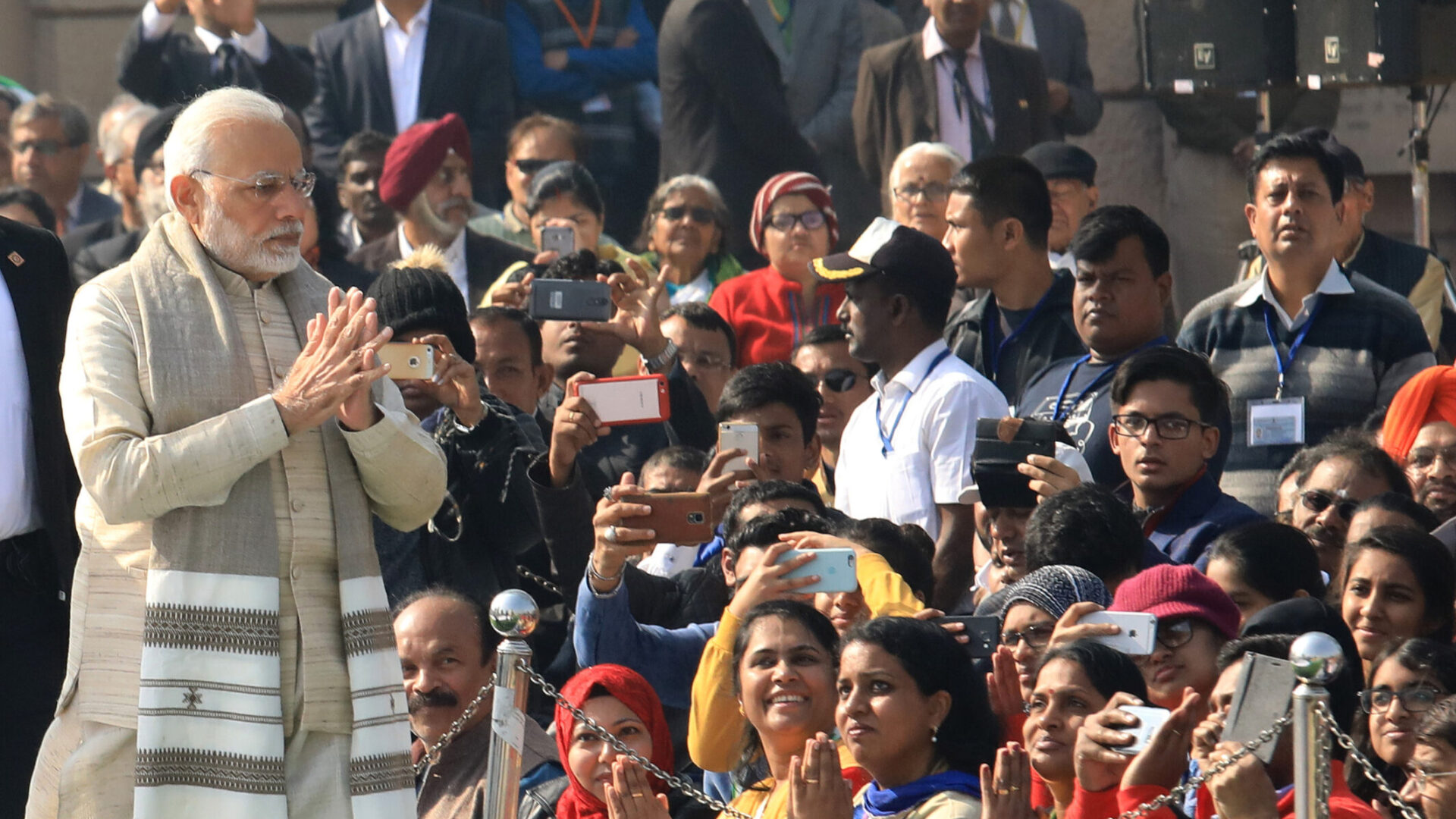

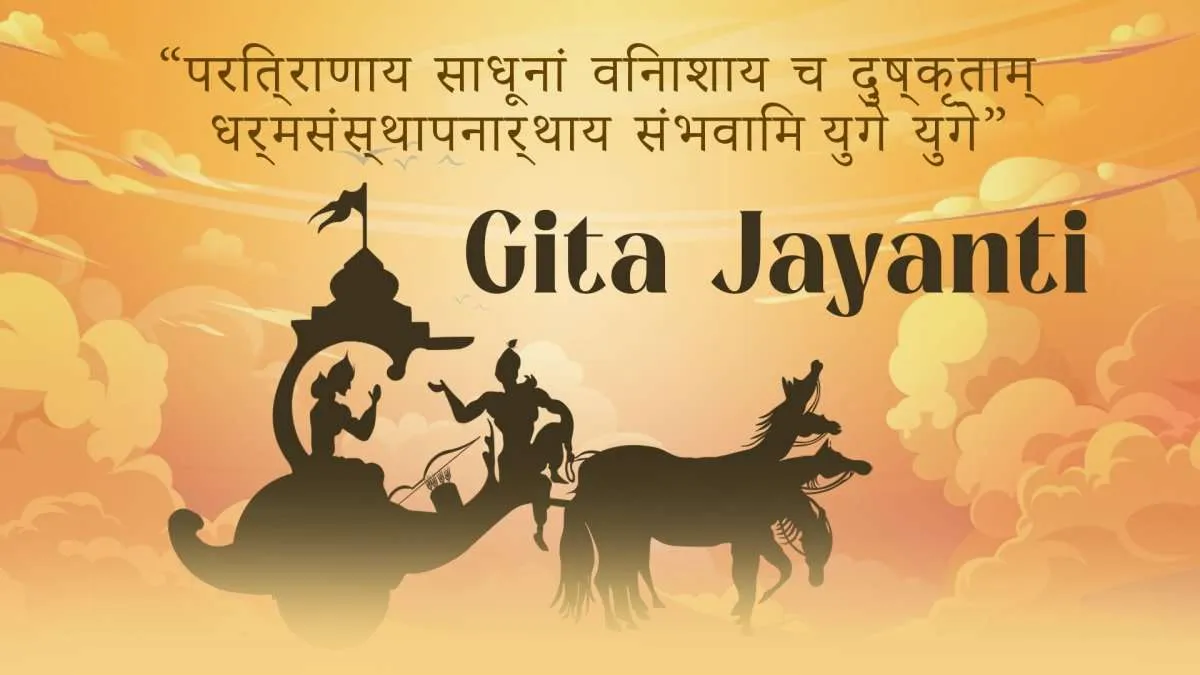
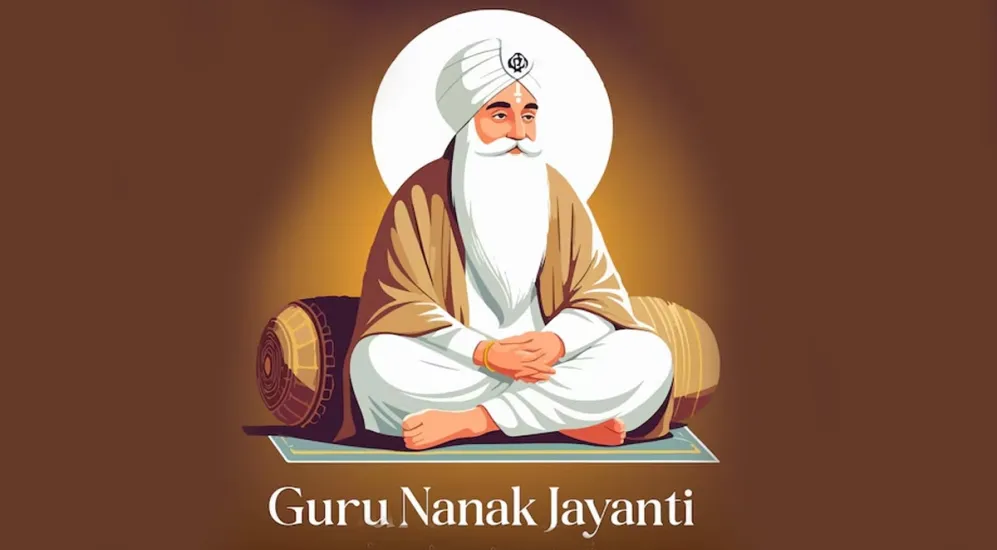




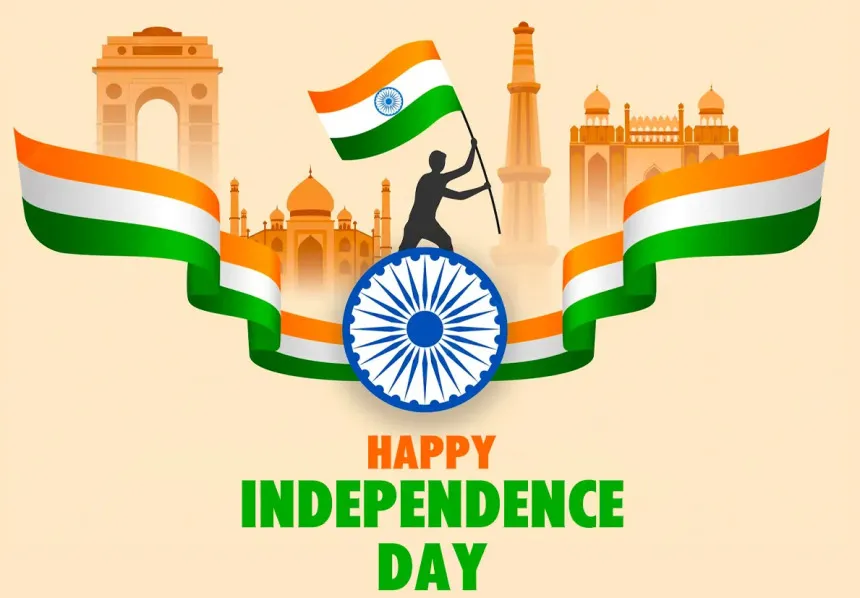

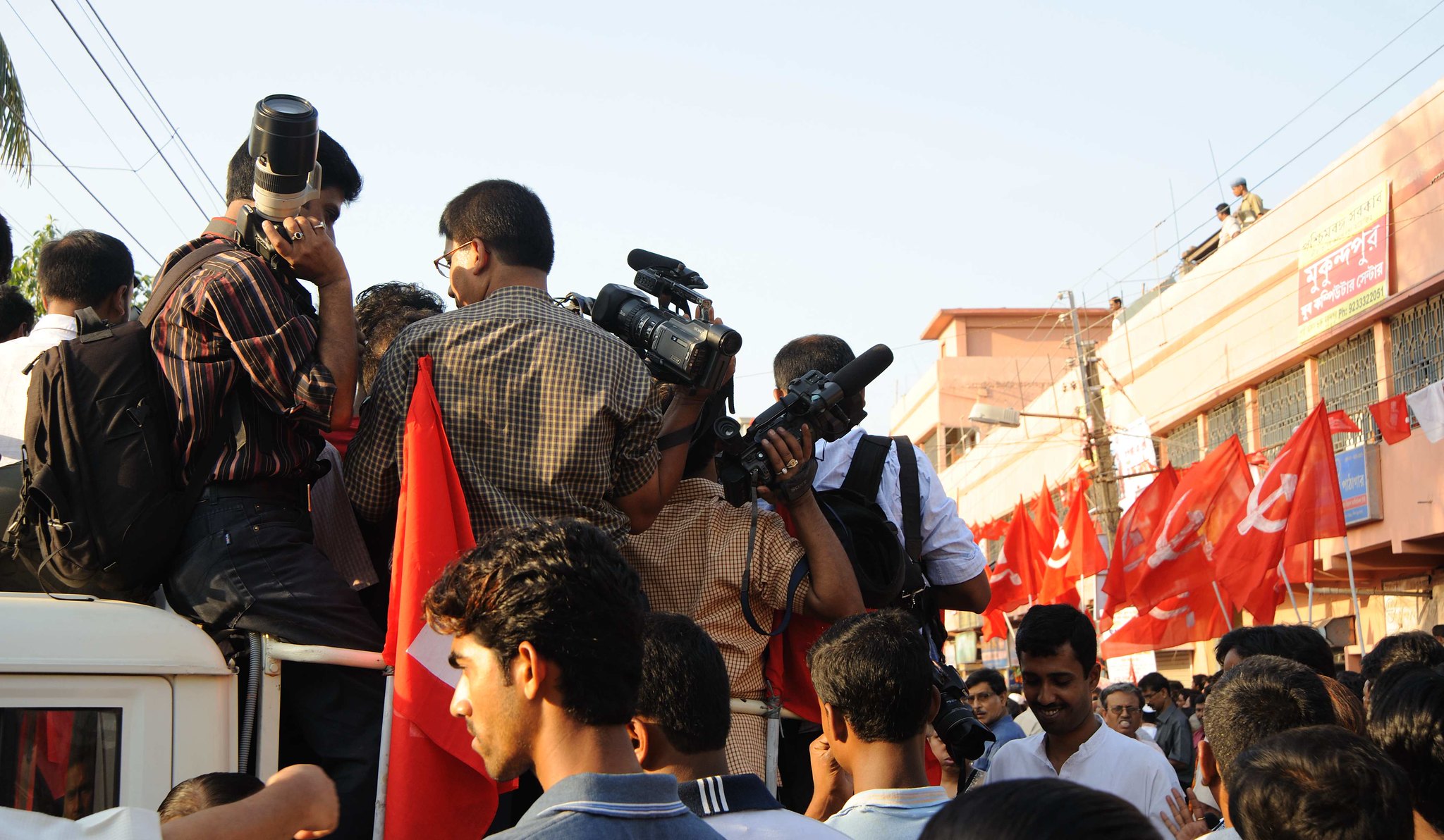
Recent Comments
No comments yet.